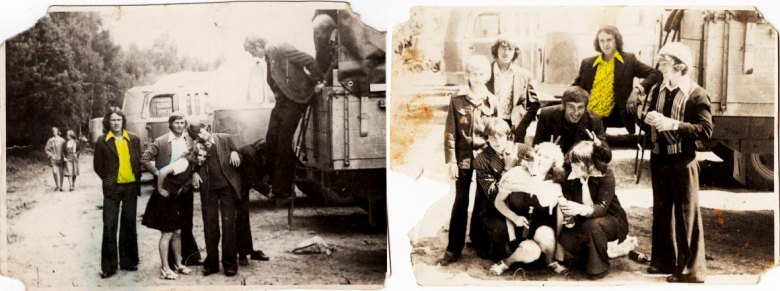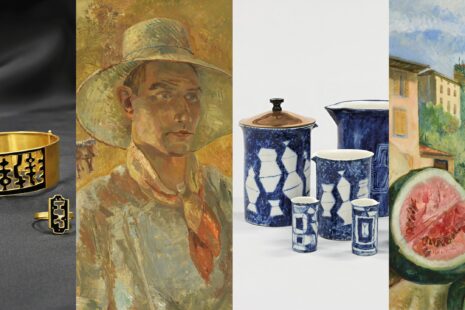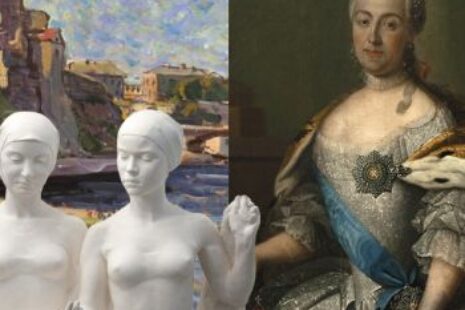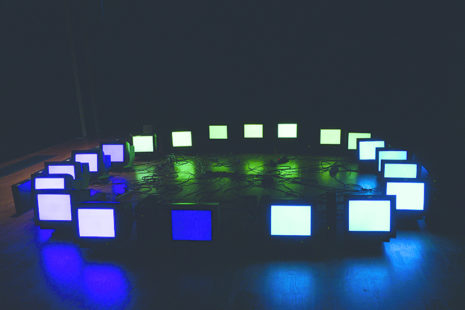These difficult pasts include violent conflicts, traumatic losses and their consequences, the prejudiced exclusion of the other, the legacy of nationalist, socialist and communist regimes and ideologies, the history of colonialism and the Holocaust, as well as the marginalisation of ethnic and other minorities. At the same time, the exhibition stays focused on a contemporary perspective in order to understand our ability to influence societal processes and today’s reality. By bringing ignored or manipulated facts out of oblivion, the included artists speak to the fragility of democracy in the era of populist and radical nationalist regimes.
What can works of art contribute to the representation of the painful experiences of the twentieth century? How can we tell stories about past events more fully and honestly, illuminating their different gendered layers? How can artists combine critical awareness with empathic understanding of the experiences of others? How do personal and collective history and memory interact in our understanding of these pasts? Taking up complex stories and sometimes underexplored subjects, the artists seek answers to these and other questions. Overcoming local and national borders, both real and imagined, and ways of tackling subjects, they call for reflection on the relationships between difficult pasts as they are experienced locally. Their works show how histories are shared, bringing to the fore links, dialogues and solidarities from the past and allowing us to see their continuing influences today.
The exhibition includes works by Lia Dostlieva and Andrii Dostliev, Vika Eksta, Quinsy Gario, Jörgen Gario, Aslan Ġoisum, Zuzanna Hertzberg, Jaana Kokko, Ülo Pikkov and Paulina Pukytė, along with other artists. They invite viewers to explore these difficult pasts in interaction with visual anthropology and documentary, archival and artistic research.
The exhibition is curated by Ieva Astahovska and Margaret Tali. The project’s public programme will include conversations with artists, researchers and historians about the complex legacies of the twentieth century, a seminar for teachers as well as creative workshops for the youngest visitors.
The exhibition is part of Communicating Difficult Pasts, an international and interdisciplinary project which turns to questions about the recent past and the influence of this past in the Baltic region and its neighbouring countries. The project aims to develop collaboration and synergy between artists, curators and researchers, who, by analysing the difficult legacy of the recent past, are looking for new approaches and means to its study and the overcoming of omissions.
THE PROJECT IS SUPPORTED BY:
State Culture Capital Foundation, the Foundation for Arts Initiative, the Adam Mickiewicz Institute and Frame Contemporary Art Finland
EXHIBITION ORGANISED BY:
Latvian Centre for Contemporary Art
EXHIBITION CURATORS:
Ieva Astahovska, Margaret Tali
PROJECT MANAGER:
Agnese Pundiņa / Latvian Centre for Contemporary Art
EXHIBITION COORDINATOR:
Laura Dravniece, Curator of Education, Latvian National Museum of Art
CURATORS OF EDUCATIONAL PROGRAMMES:
Māra Žeikare, Curator of Educational Programmes, Latvian Centre for Contemporary Art
Elīna Bērziņa, Head of the Education Department, Latvian National Museum of Art
FOR MORE INFORMATION:
Paula Jansone, Head of Communications, Latvian Centre for Contemporary Art
Gallery name: Latvian National Museum of Art
Address: Jaņa Rozentāla laukums 1, Riga
Opening hours: Tue-Thu 10:00 - 18:00, Fri 10:00 - 20:00, Sat-Sun 10:00 - 17:00
Open: 28.11.2020 - 07.03.2021







